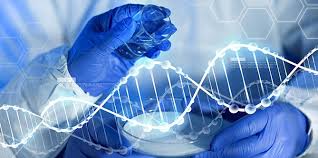Changing the genes of living things, called genetic engineering, is both exciting and a bit scary. It could totally change healthcare, food, and the environment. On the good side, doctors might be able to fix problems in our genes that make us sick. This could cure diseases like cystic fibrosis or sickle cell anemia. They could even make medicine just for you, based on your genes. Farmers could use genetic engineering to grow better crops. These crops wouldn’t get sick as easily and would survive even in dry places. This means more food for everyone, and less bug spray and fertilizer needed.
Genetic engineering can also help clean up pollution and protect nature. Scientists could design tiny creatures to eat up pollution in dirty water or soil. They might even make trees that suck up more carbon dioxide from the air.
However, there are some things to worry about. Changing genes is serious business, and it could have unexpected results. Also, some people worry that it wouldn’t be fair if parents could choose their babies genes. Another concern is, what might happen if genetically engineered plants or animals escape into the wild. They could mess up the natural balance of things. Big companies controlling this technology could also be a problem.
Overall, genetic engineering has the potential to provide many benefits, but we need to be careful. We need to make sure it’s done safely and fairly, for the benefit of everyone. Even though it sounds like science fiction, genetic engineering is already being used for some things, like medicine for diabetes. But it’s still early days, and there’s a lot things to learn.
To make sure genetic engineering is used safely, scientists need to be very careful when they change genes. They also need to test things thoroughly before using them on people, animals, or the environment. It’s important for everyone to be involved in the conversation about genetic engineering, so we can make sure it’s used for good and doesn’t cause any problems.

